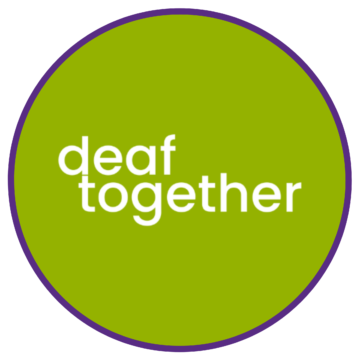Everyone has a thyroid gland in their neck. It is shaped like a butterfly and is in front of the windpipe and just below the Adam’s apple. The thyroid releases hormones into the bloodstream, to regulate how quickly your body burns calories, controlling your metabolism. That means the thyroid can also affect whether you gain or lose weight.
These hormones can also slow down or speed up your heartbeat; make your body temperature higher or lower; change how fast food moves through your digestive system; affect muscle strength; and control how quickly your body replaces dying cells. They also play a part in the maintenance of bones and in the brain development of babies and children.
The thyroid gland is one of the largest endocrine, or hormone, glands in the body.
A thyroid disorder affects one in twenty people in the UK and it can often run in families. There are different types of thyroid disorders but underactive and overactive thyroids are the most common.
If you or one of your family members feels unwell and you recognize the symptoms, it is important to visit a GP and ask if thyroid testing is needed.
Who is at risk?
When we have problems with our thyroid it is usually producing the wrong amount of hormones. It might be underactive and is not producing enough hormone, or it’s overactive and is producing too much.
Underactive thyroid: usually affects older people; both men and women can be affected although it is more usual in women. Some children can develop the condition and some babies can be born with it. When a baby is about five days old, he/she is given a heel prick blood test to check for the condition.
Overactive thyroid: is more likely to affect women than men. It occurs more in white and Asian people and less in African-Caribbean people. Symptoms may develop between the ages of 20 to 40, but can also appear in childhood. These BSL health clips were made by SignHealth with help and information from The British Thyroid Foundation. If you need more information or advice, visit www.btf-thyroid.org





